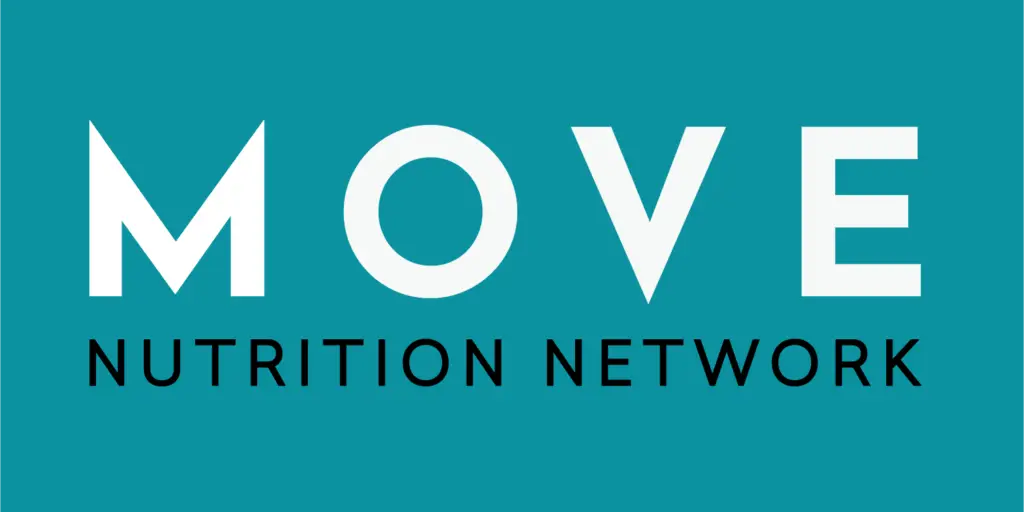Dr. Rick Kreider joins Move Nutrition Network to discuss the ISSN’s official response to proposed legislation restricting the sale of creatine. He outlines how misinformation —not science—has influenced efforts to limit access to one of the most well-researched and safe dietary supplements available. Dr. Kreider shares compelling data on creatine’s benefits for adolescents, aging adults, cognitive health, and even pregnancy. As creatine use continues to rise in popularity, especially outside the gym, Kreider emphasizes the need for evidence-based policy and improved public education to counter myths and outdated narratives.
Key Takeaways
1. The ISSN Issued a Statement in Response to Misguided Legislation
Several U.S. states proposed legislation that could restrict access to creatine for individuals under 18. The ISSN responded to correct misinformation and protect access to a well-researched supplement.
2. Creatine Is One of the Most Studied and Safest Supplements Available
Backed by over 30 years of clinical research, creatine has a strong safety profile across various populations, including youth and older adults.
3. Restricting Creatine for Minors Would Do More Harm Than Good
Limiting access to creatine for teens could remove a safe, beneficial option for supporting growth, cognitive development, and performance in youth sports.
4. Creatine’s Benefits Extend Far Beyond Athletic Performance
Emerging research shows benefits for brain health, neurological conditions, aging populations, and even pregnancy — making creatine relevant far beyond the gym.
5. Misinformation Is Driving Policy, Not Science
Much of the proposed regulation stems from outdated myths and internet-fueled fears, not actual scientific evidence.
6. Creatine May Qualify as a Conditionally Essential Nutrient
Dr. Kreider and others argue that creatine meets the criteria for being determined conditionally essential.
7. Public Education Is Critical
The industry needs to do a better job of educating consumers, healthcare providers, and lawmakers about the real science behind creatine.
8. Research Is Ongoing into Clinical and Cognitive Applications
New studies are exploring creatine’s role in areas like concussion recovery, cognitive performance, and maternal health — expanding its reach into clinical nutrition.
9. ISSN Encourages Evidence-Based Supplement Use, Not Blanket Bans
Rather than restricting access, organizations like ISSN advocate for informed use backed by science and transparency.
10. Creatine Represents a Case Study in the Clash Between Perception and Evidence
The creatine debate highlights how public perception, media narratives, and policymaking can diverge sharply from scientific reality.
Subscribe for additional Move Nutrition Quarterly content like research updates, market insights, and more.

